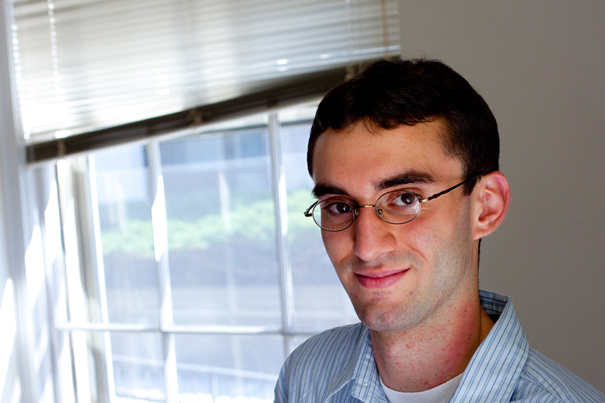Nation & World
-

Unfuzzy math: U.S. needs to do better
Ed School expert has some ideas, including a rethink of homework bans, after ‘discouraging’ results

-

What to expect when you’re elected
Bipartisan group of lawmakers gets to know Washington by way of the IOP
-

Defining and confronting campus antisemitism
Scholars in Jewish Studies say education, conversation can bolster efforts to defeat hate
-
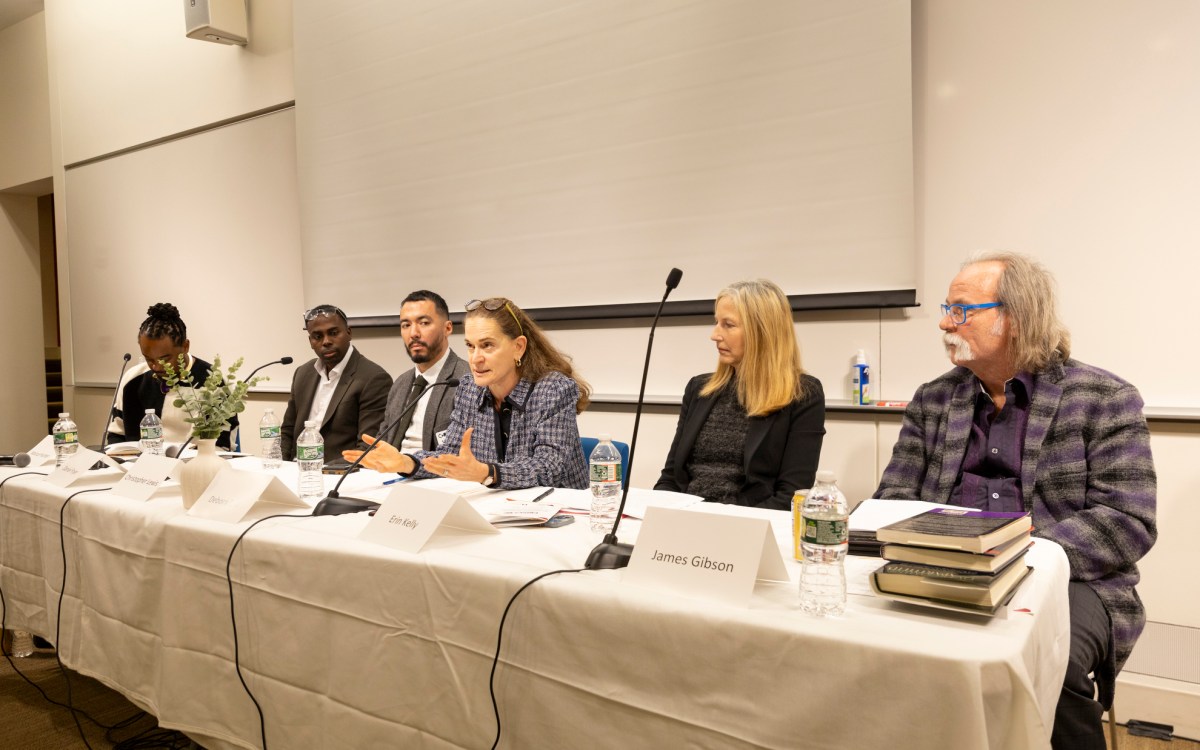
Are reparations the answer?
Harvard symposium explores case for restitution to Black Americans legally, economically, ethically
-
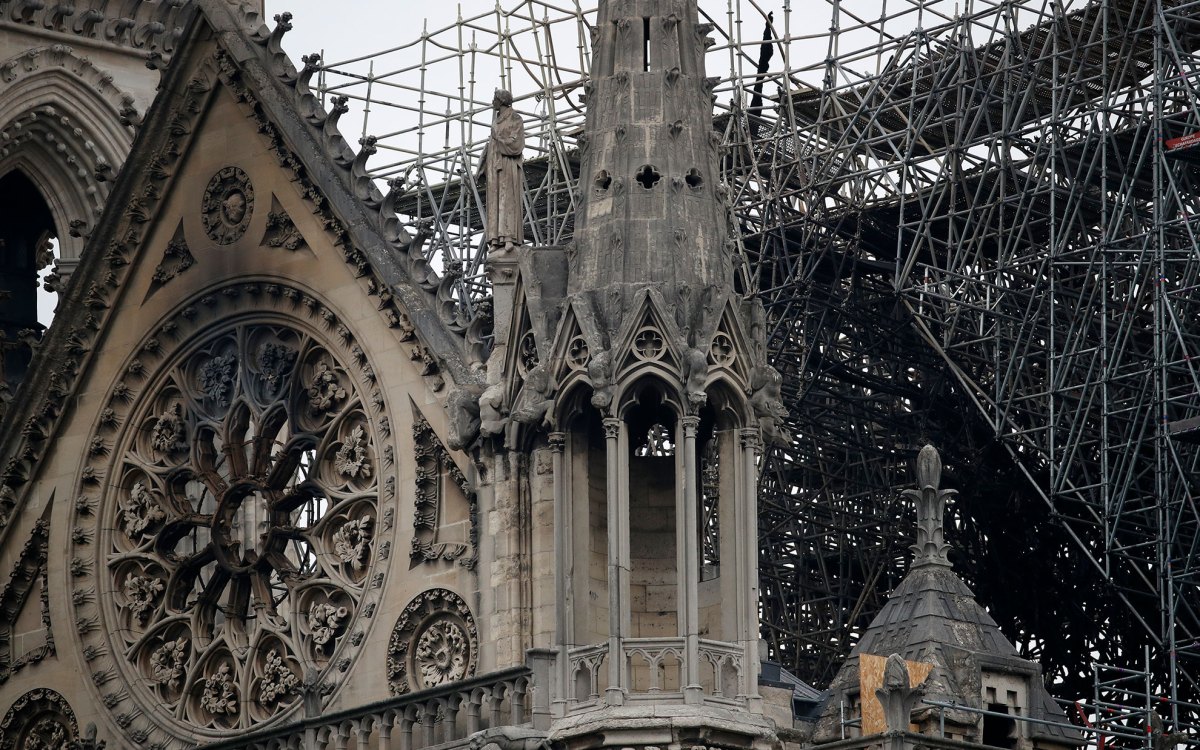
Exact cause of Notre-Dame fire still unclear. But disaster perhaps could’ve been avoided.
Leadership expert says foreseeable factors all contributed to complex failure. Consistent focus needed on best practices, rules, procedures.

-
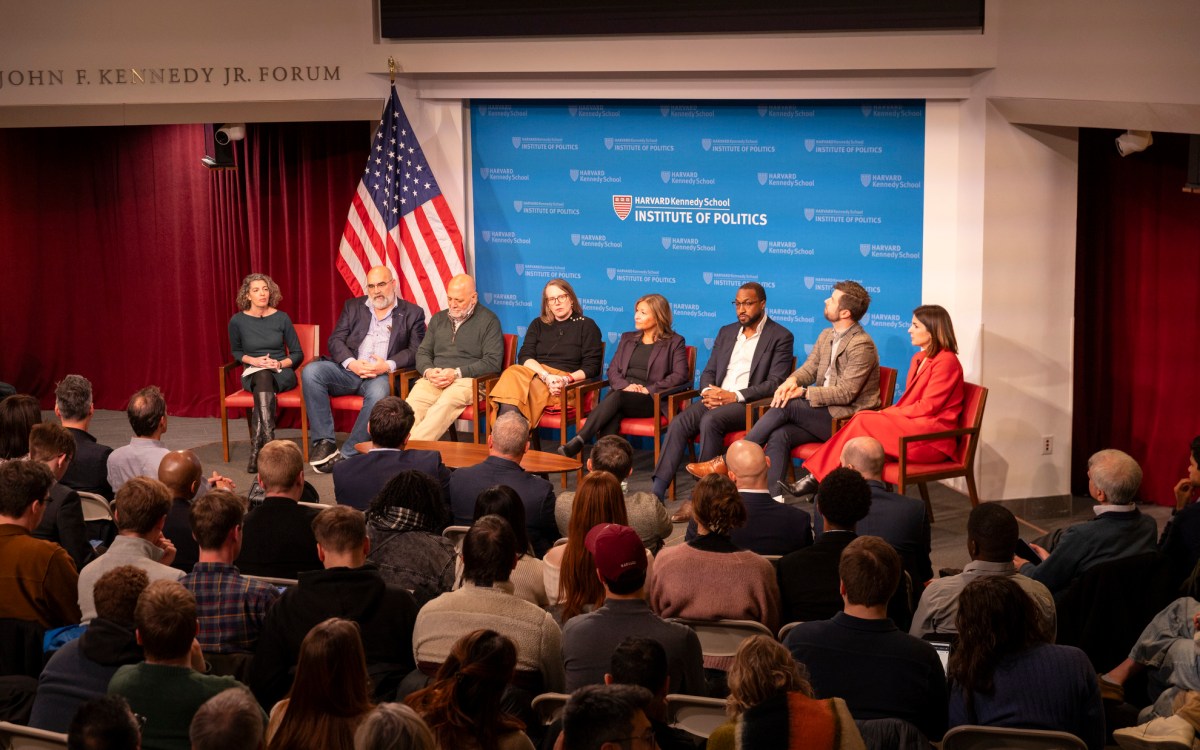
How the presidency was won, lost
Top campaign leaders from both sides talk about what worked, didn’t at Kennedy School postmortem
-
Harvard mobilizes relief fund
Assistance mobilizes to aid earthquake-shaken Haiti, including groups of experts and medical personnel affiliated with Harvard.
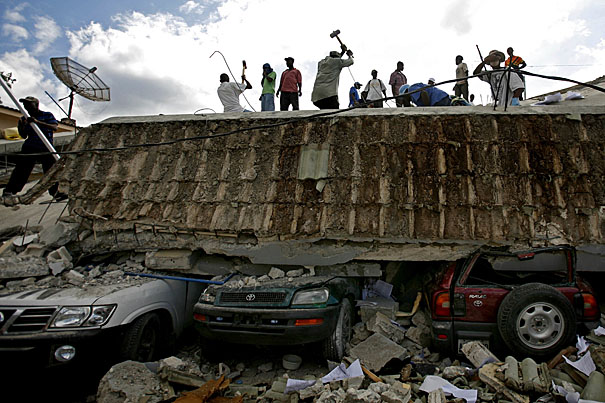
-
Timely course
Why do societies and their governments fail so often to act in time to avert crises that appear in plain sight? What can be done to alter that pattern? Those questions served as impetus for a new intensive January session course, “Acting in Time,” at the Harvard Kennedy School (HKS).
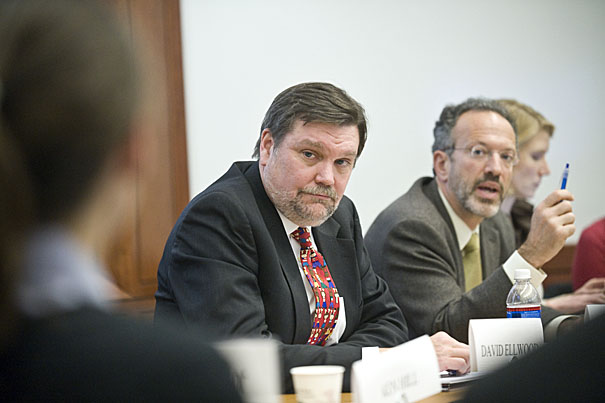
-
Harvard responds to Haiti crisis
A catastrophic earthquake in Haiti Tuesday (Jan. 12) has prompted a rapid-fire response of broad-based medical and humanitarian assistance from Harvard and its affiliates.

-
A new system for measuring poverty
HKS researchers present new calculus for comparing poverty levels and changes over time, and between countries. The authors say the U.S. “war on poverty” produced significant gains in the 1990s compared with the ’80s.
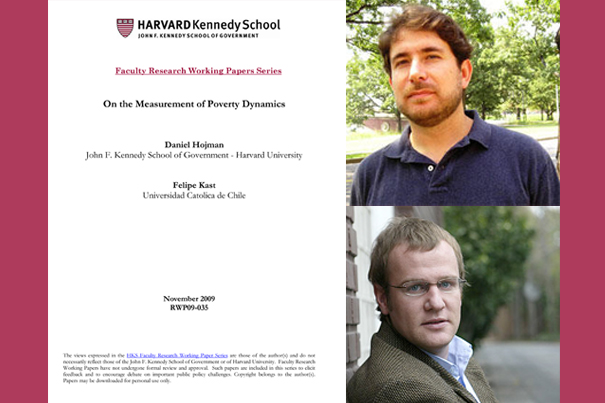
-
HKS receives $20.5M for Asia studies
Harvard Kennedy School receives $20.5 million gift to start program and institute pointed at key issues confronting rapidly growing Asian countries.
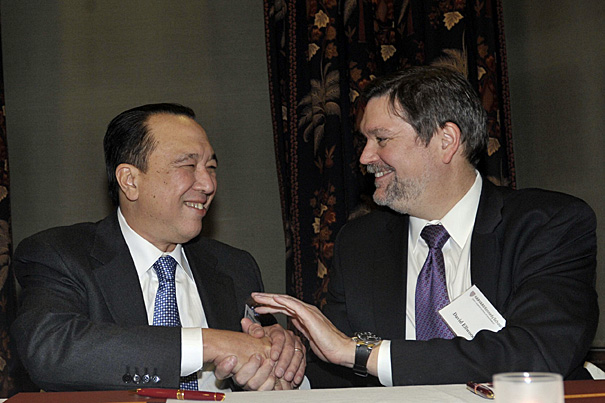
-
The Cold War observed
Medical sociologist Mark G. Field, a specialist in Soviet health systems, uses a final Harvard seminar to recall a 20th century life in war, Cold War, peace, and scholarship.
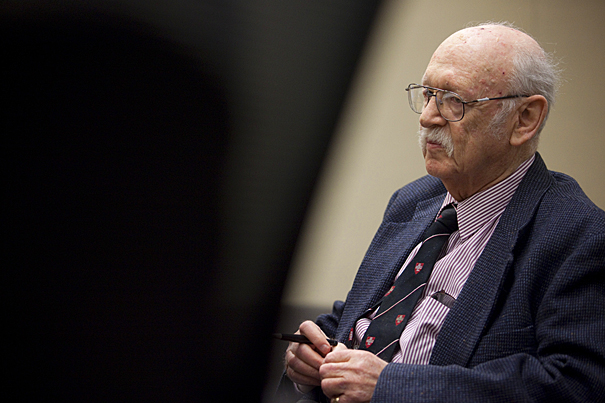
-
-
When the economy crashes
Harvard Business School exhibit examines “Bubbles, Panics, and Crashes: A Century of Financial Crises, 1830s-1930s.”
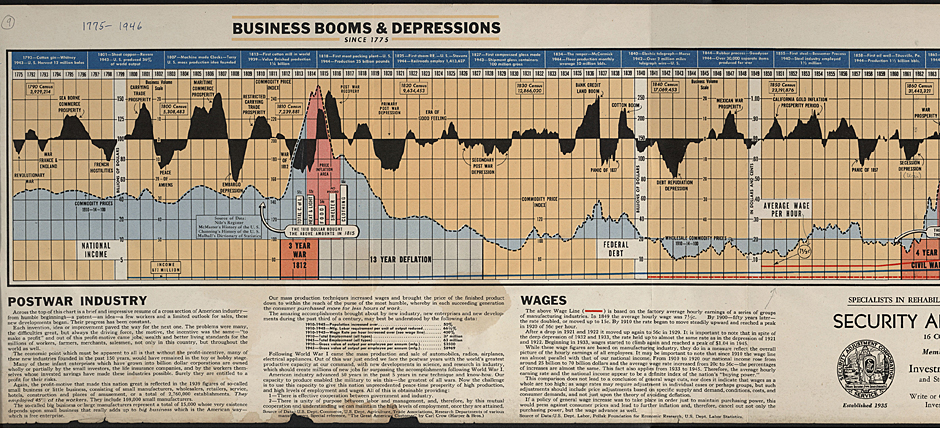
-
-
Ties that bind
To celebrate the 800th anniversary of the founding of the University of Cambridge, Gordon Johnson, the institution’s deputy vice chancellor, gave a talk about the import of universities in society.
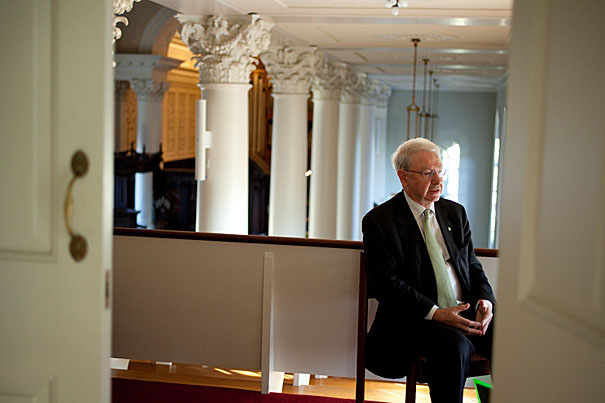
-
Assessing Obama’s Afghan plan
A Kennedy School panel discusses and debates President Obama’s plan to add 30,000 troops to Afghanistan to try to stabilize that nation and allow American troops to begin withdrawing in 2011.
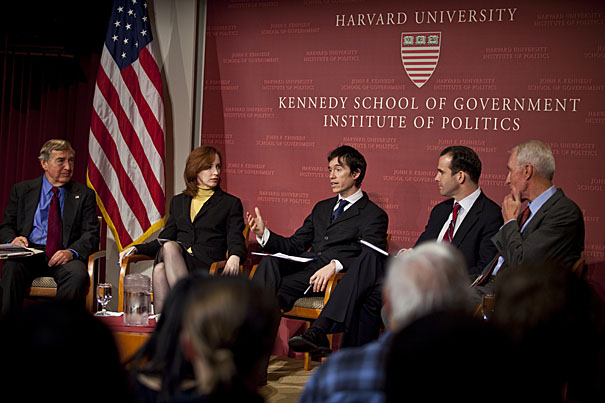
-
Young people polled
In a poll conducted by the Institute of Politics at the Harvard Kennedy School, nearly half of young Americans said that the economy is the national issue that concerns them most, more than double the next-highest issue, health care.
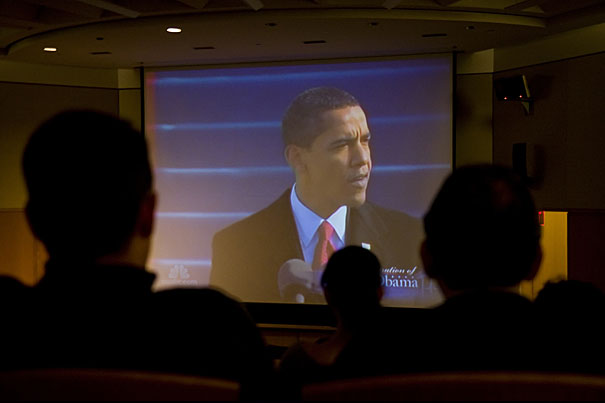
-
Citizen spies, spied-on citizens
An exhibit of Czech secret-police photos from the Communist era, at Harvard through Dec. 21, shows Big Brother as unintentional artist.
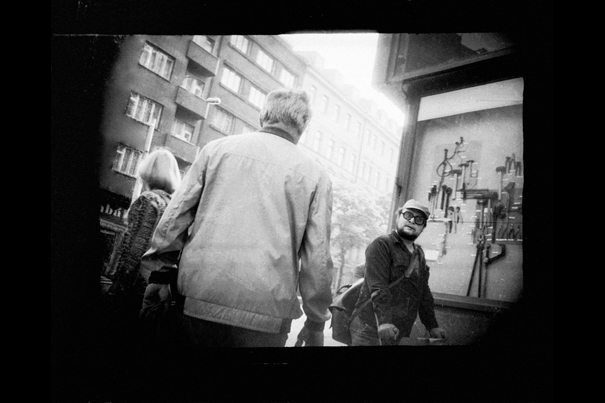
-
Writers at Risk
A Harvard instructor, concerned about literary artists threatened overseas, proposes Writers at Risk, an academic harbor.
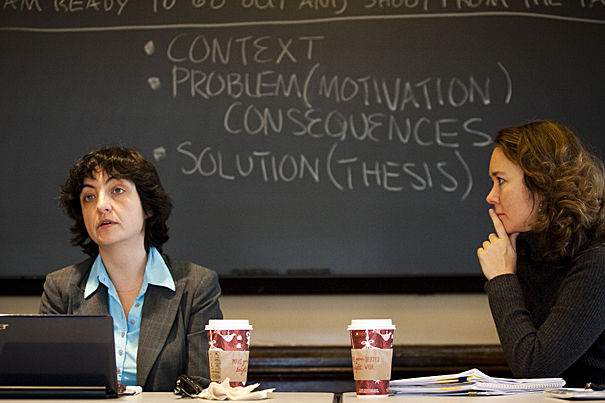
-
Drawing attention
Jytte Klausen, author and research associate at Harvard’s Center for Middle Eastern Studies, explored the cartoon controversy over depictions of the Prophet Muhammad in a Danish newspaper in 2005, offering her take on the unrest chronicled in her new book, “The Cartoons that Shook the World.”
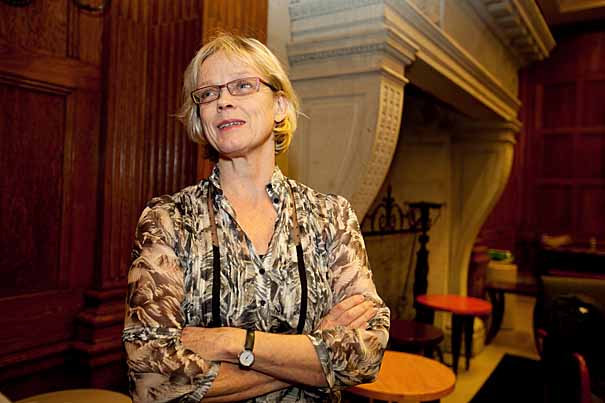
-
Lessons from Afghanistan
Kevin Kit Parker, U.S. Army major and bioengineering professor, offers a “ground-truth” description of how the war is being fought in Afghanistan, and a personal assessment of the challenges faced by U.S. forces.
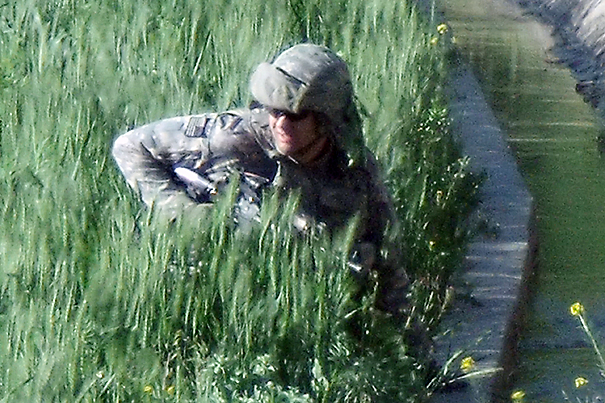
-
Harvard, University of Johannesburg join forces
Education is a force for liberation, President Drew Faust told an audience Thursday (Nov. 26) at the University of Johannesburg at Soweto, where she announced that Harvard and the host university were developing an initiative to train school principals in some of South Africa’s most desperate regions.

-
President Faust in Africa
Harvard President Drew Faust saw firsthand how Harvard is helping the African nation of Botswana to fight AIDS, when she toured facilities in two communities where a Harvard-Botswana partnership is operating anti-AIDS programs.
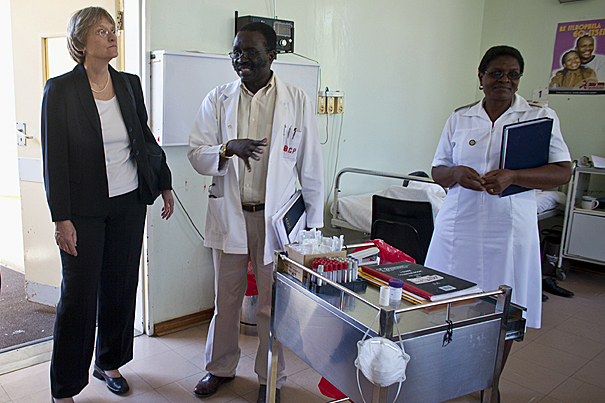
-
God and Walmart
Author and scholar Bethany Moreton examines the success of the discount retail chain Walmart and its Christian corporate ethos.
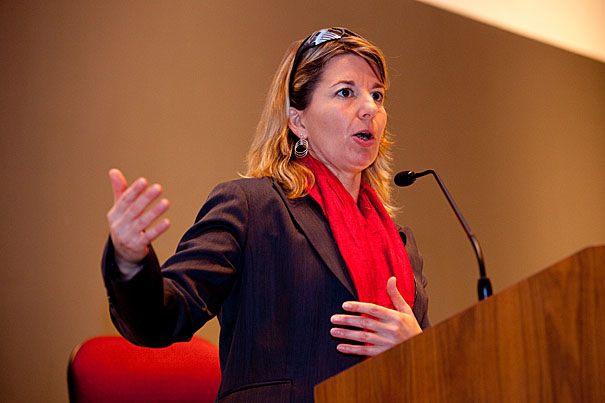
-
Standing at center-right in America
Norman Coleman Jr. states his case: America is a center-right nation, and the party that understands that wins elections.
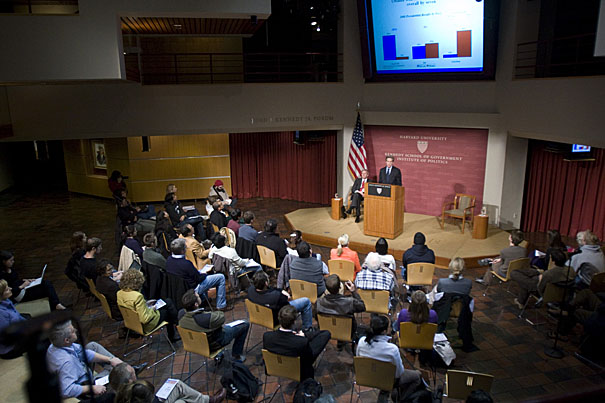
-
Cochran at 100
The Harvard Statistics Department marked the centennial birth year of one of its founding members, William Gemmell Cochran, with a symposium celebrating his landmark scholarship.
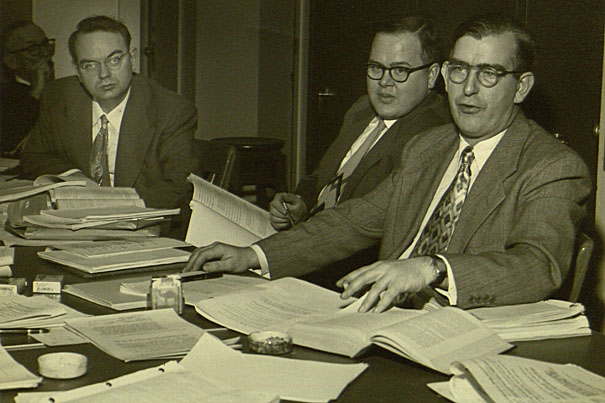
-
Forty years young
In an interview, HGSE Lecturer Joe Blatt, Ed.M. ’77, director of the Technology, Innovation, and Education program, shares his thoughts on the amazing success of “Sesame Street” and its impact on education — and on the Ed School.
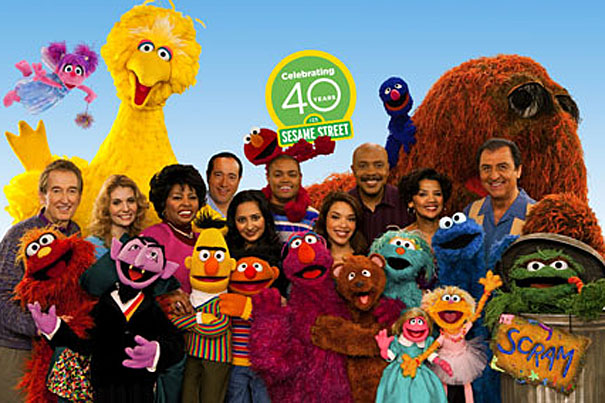
-
Pelosi touts health care bill
U.S. Speaker of the House Nancy Pelosi spoke at the John F. Kennedy Jr. Forum on the passage of the health care bill by her side of Congress.
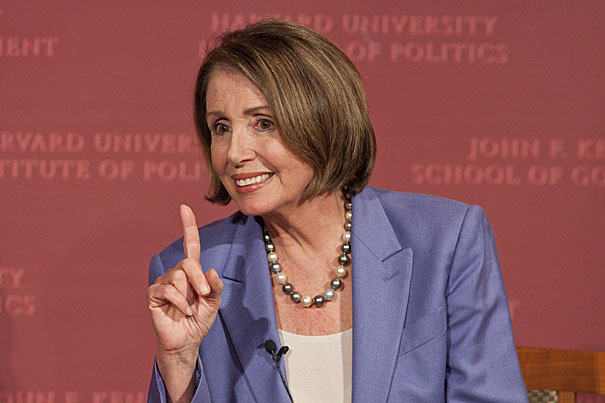
-
Spitzer calls for financial oversight
Former governor of New York and Harvard Law School alumnus Eliot Spitzer returned to campus to offer his perspective on the topic of institutional corruption.
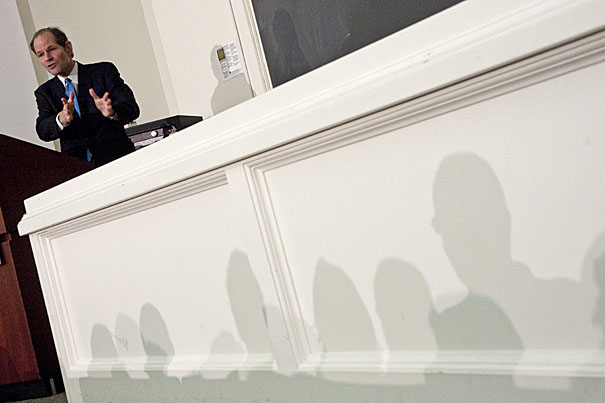
-
A bell tolls for bravery
On Veterans Day, Harvard President Drew Faust and Gen. George W. Casey Jr. dedicate a plaque to the University’s Medal of Honor winners.
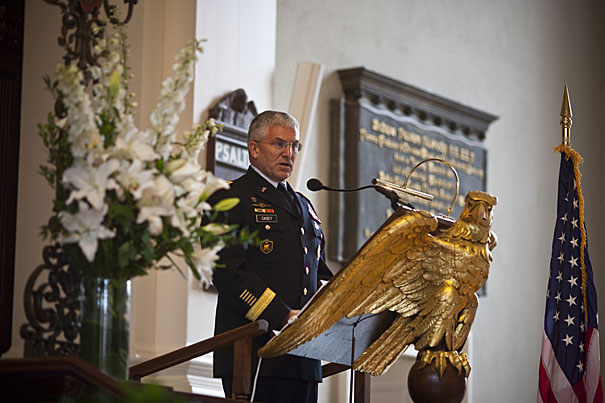
-
Intersection of climate change and Christianity
A leader in the field of Christian theology and ecofeminism explores the role of religion in combating global warming.
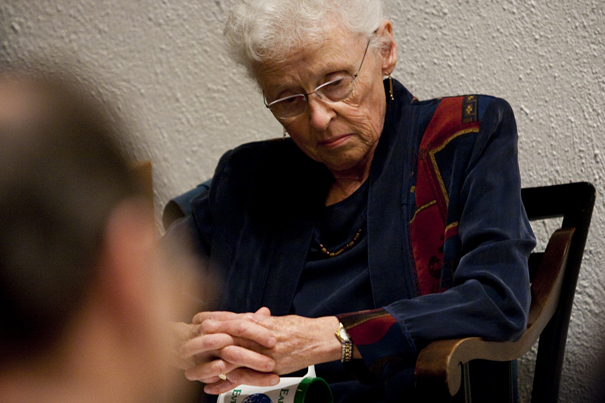
-
Prepping for Copenhagen
Harvard Kennedy School professor Robert Stavins will work behind the scenes at the 2009 U.N. summit on climate change with his Harvard-led initiative on global warming.
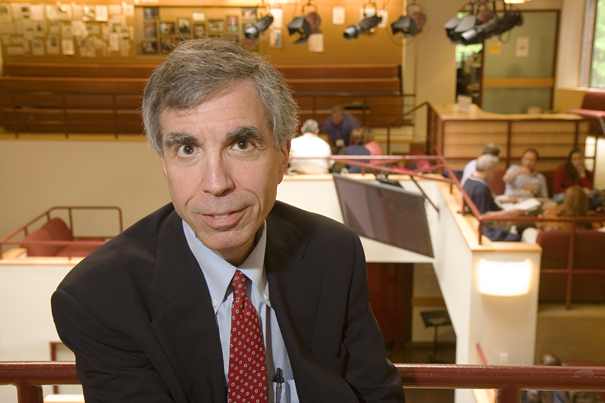
-
The future of news
Experts in print, television, and the social media look at the troubled present of news, and peer ahead at its future.
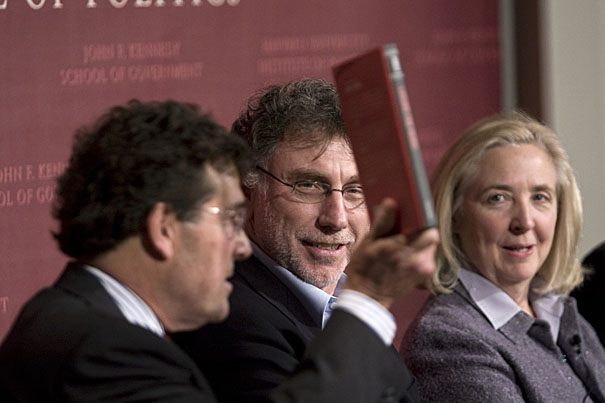
-
Rebel with a cause
Before Greg Epstein became chaplain at Harvard’s Humanist Chaplaincy, he was a rock star. Now he’s written a book on Humanism, a religious philosophy that rejects supernaturalism while encouraging virtuous actions and decisions.
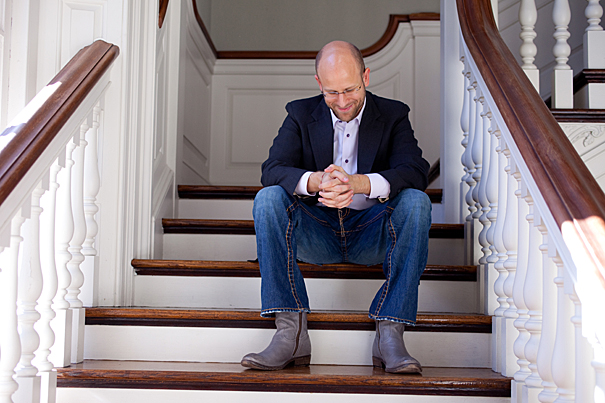
-
Lessons from the East
On an internship from the Reischauer Institute of Japanese Studies Peter Bernard ’11 traveled to Japan where he worked at a bookstore and learned that “the culture of books and print is alive and well.”
